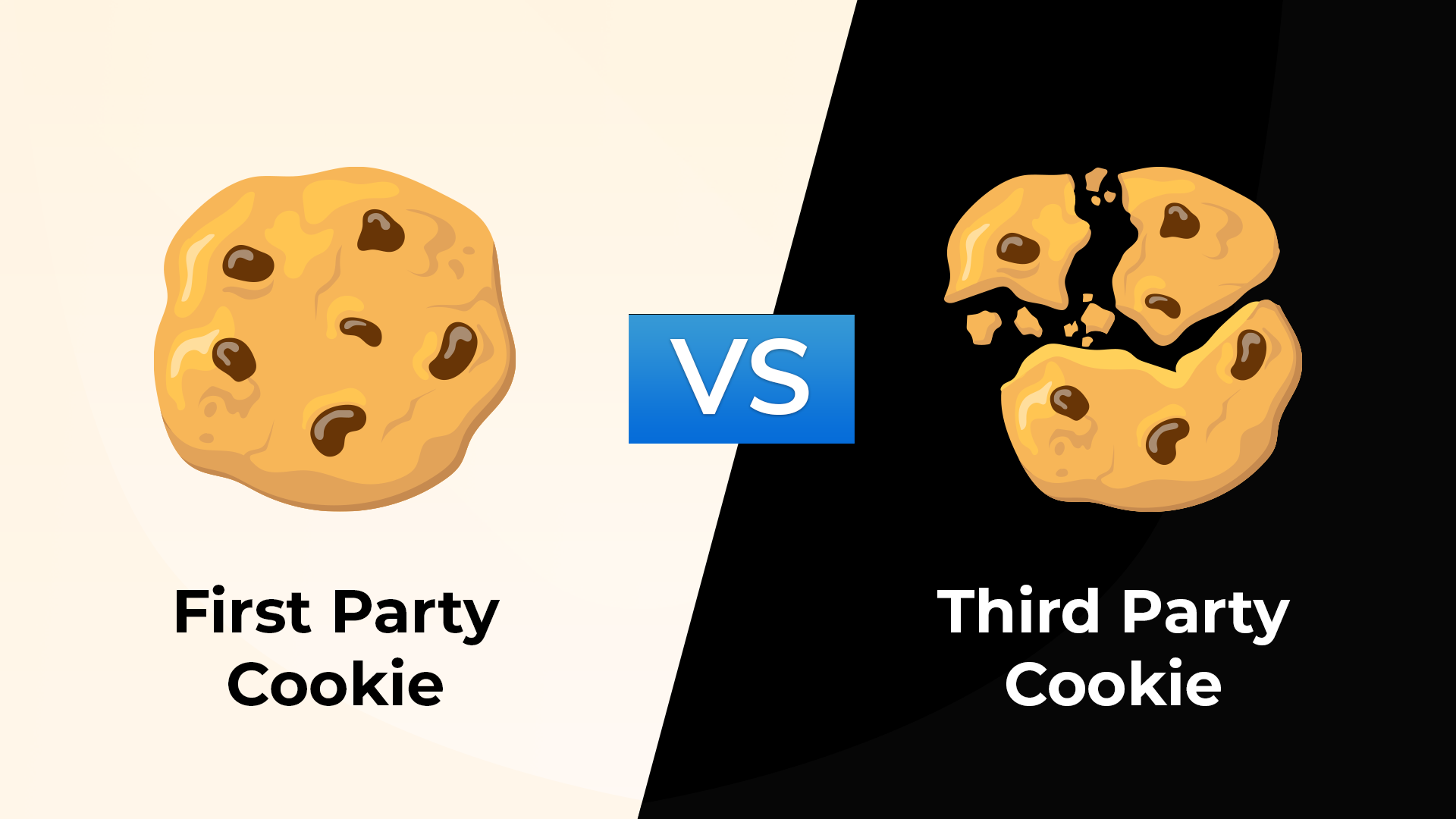Introduction to Website Privacy Policies
A website privacy policy outlines how personal data is collected, used, and protected on a website. It serves to inform users about their rights and the responsibilities of the website owner under data protection laws.
Understanding Cookies
What are Cookies? Cookies are small text files stored on users’ devices by websites they visit. They serve various purposes, such as remembering user preferences, enhancing user experience, and tracking user behaviour for analytics.
Types of Cookies
First-Party Cookies
These cookies are set by the website domain visited by the user. They primarily serve functional purposes like remembering login details or items in a shopping cart.
Third-Party Cookies
These cookies are set by domains other than the one the user is visiting. They are commonly used for tracking and advertising purposes, allowing third parties to collect data across different websites.
Legal Framework in the UK
Data Protection Laws
In the UK, website privacy policies must comply with the General Data Protection Regulation (GDPR) and the Data Protection Act 2018. These laws require transparency in data processing practices, including the use of cookies.
ICO Guidelines
The Information Commissioner’s Office (ICO) provides guidance on cookie compliance under the GDPR. Websites must obtain user consent before storing or accessing cookies, except for essential cookies necessary for the website’s functionality.
Elements of a Privacy Policy
- Data Collection: Clearly state what personal data (including cookies) is collected from users and how it is used.
- Cookie Disclosure: Detail the types of cookies used (first or third-party), their purpose, and duration of storage.
- User Consent: Explain how users can provide consent for non-essential cookies and how they can manage cookie preferences.
- Data Security: Describe measures taken to protect user data from unauthorized access or disclosure.
- Implementing Compliance
Cookie Consent Mechanisms
Implement a cookie consent banner or pop-up that informs users about cookie usage and allows them to accept or manage preferences.
Regular Review
Regularly review and update the privacy policy to reflect changes in cookie usage or legal requirements.
Practical Tips for Website Owners
- Conduct regular audits to ensure compliance with data protection laws and guidelines.
- Provide accessible contact information for users to raise privacy concerns or request data deletion.
- Educate staff and stakeholders on privacy policies and data protection principles.
Conclusion
Navigating website privacy policies, particularly concerning cookies, is essential for website owners in the UK to comply with data protection laws and respect user privacy. By implementing clear policies and consent mechanisms, websites can enhance transparency and trustworthiness with their users while adhering to legal requirements.
What are first-party cookies on a website?
First-party cookies are cookies placed on a user’s device directly by the website they are visiting. These cookies are typically used for essential functions like remembering login details or items in a shopping cart.
How do third-party cookies differ from first-party cookies?
Third-party cookies are set by domains other than the website the user is currently visiting. They are often used for tracking user behaviour across different websites for advertising and analytics purposes.
Why does a website need to inform users about cookies?
Informing users about cookies is required under data protection laws like the GDPR in the UK. Users have the right to know what data is being collected about them and for what purposes.
Do all websites use cookies?
Most websites use cookies to some extent. They are essential for functionalities like session management, personalisation, and analytics. However, not all websites use third-party cookies.
How can users manage their cookie preferences on a website?
Users can usually manage cookie preferences through cookie consent banners or settings pages on the website. They can choose to accept or reject non-essential cookies and sometimes adjust preferences for specific types of cookies.
What types of information do cookies collect?
Cookies can collect various types of information, including IP addresses, browser information, preferences, and browsing history. However, personal data should be protected and handled according to data protection laws.
Are cookies secure?
Cookies themselves are generally secure as they are small text files. However, they can pose privacy risks if misused or if personal data is collected without proper consent or protection measures in place.
How long do cookies remain on a user’s device?
The duration that cookies remain on a device varies. Some cookies are session cookies and expire when the user closes their browser, while others are persistent and remain on the device for a longer period, typically as specified in the website’s privacy policy.
Can users opt out of cookie consent?
Under data protection laws like the GDPR, users have the right to opt out of non-essential cookies. Websites must provide clear options for users to accept or reject cookies and must respect user preferences.
What happens if a website does not comply with cookie regulations?
Failure to comply with cookie regulations, such as obtaining proper consent for non-essential cookies or adequately informing users about cookie usage, can lead to fines and legal consequences under data protection laws.
- Self Employed Consultant Agreement (Long) – Provider Version - August 14, 2024
- Website Privacy Policy – First Party Cookies + Analytics - August 10, 2024
- Templates For Supply Of Plastic Packaging Subject To Plastic Packaging Tax - August 9, 2024










